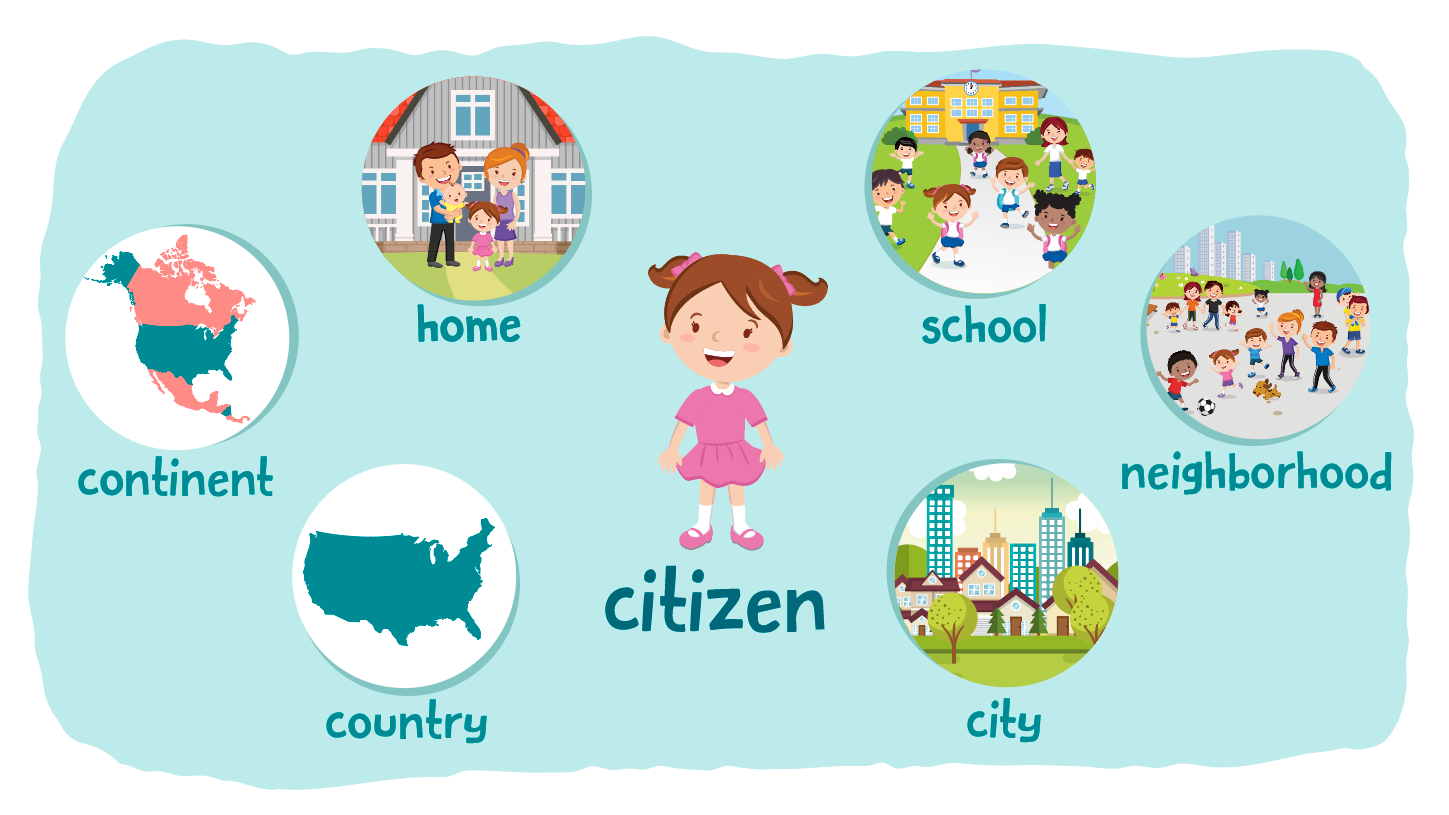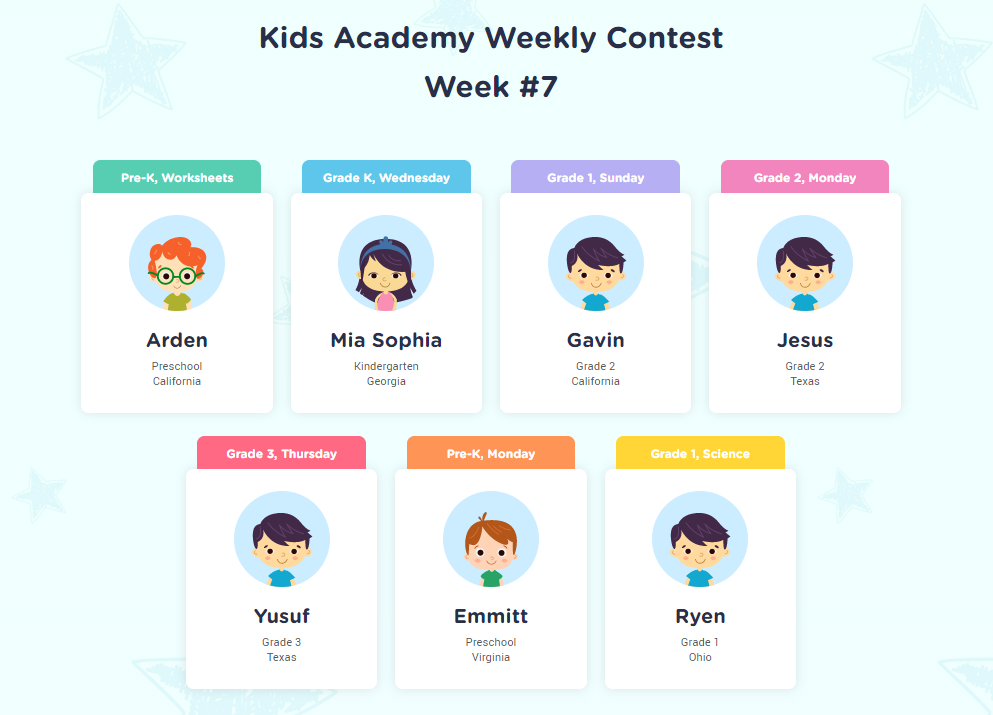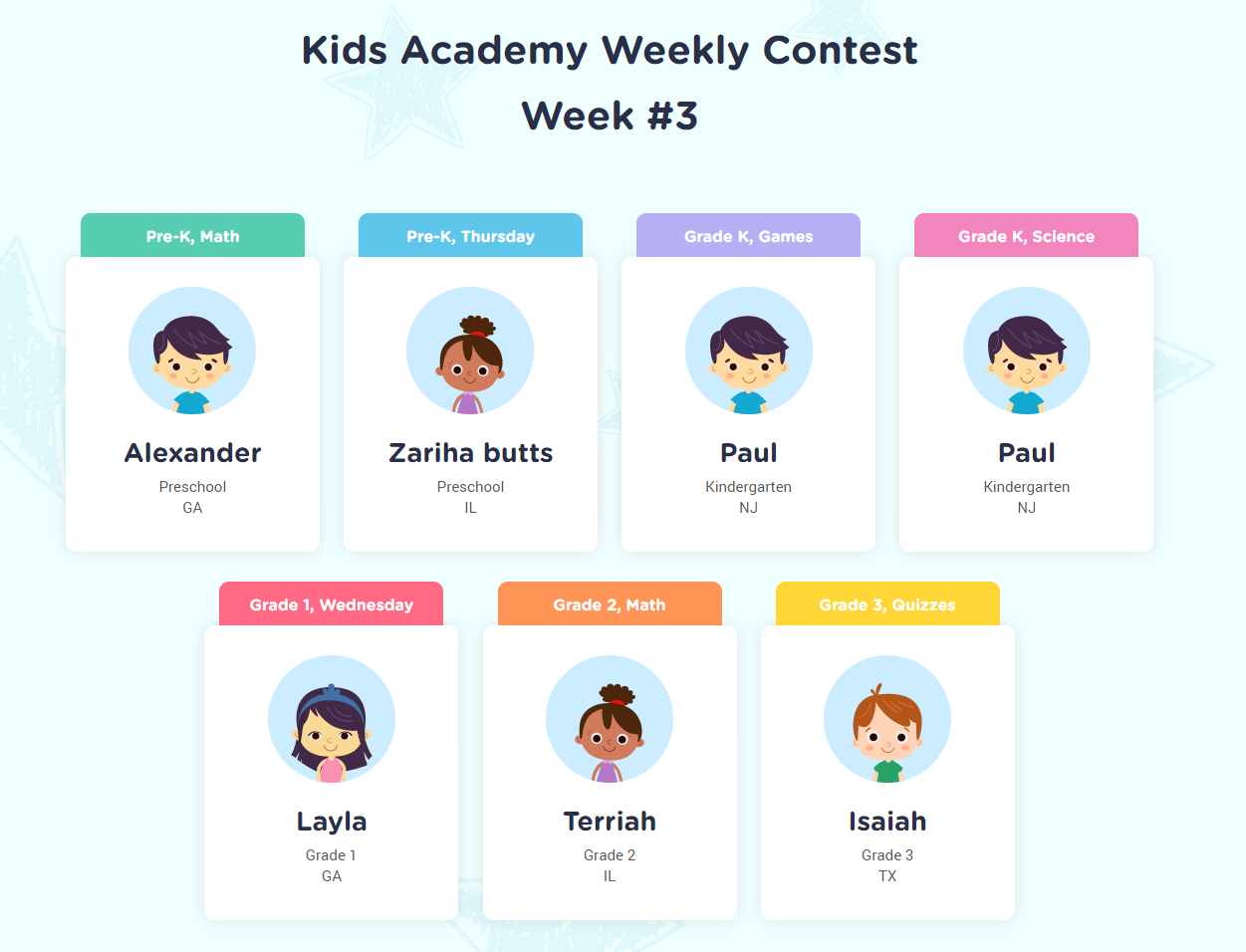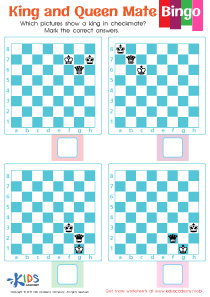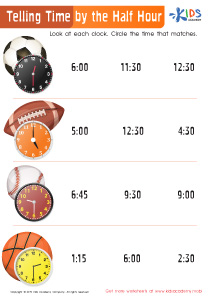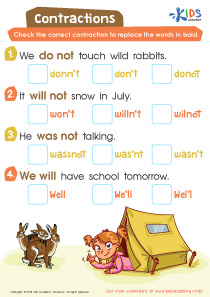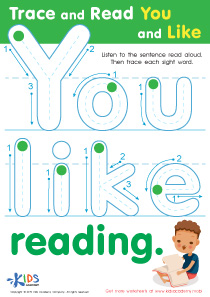Number Recognition Normal Grade 1 Chess Worksheets
3 filtered results
-
From - To
Enhance your first grader's math skills with our Number Recognition Normal Grade 1 Chess Worksheets! Designed to engage young learners, these worksheets combine the excitement of chess with essential number recognition skills. Each worksheet features vibrant illustrations and interactive exercises that make learning fun and effective. Students will practice identifying and writing numbers while exploring the world of chess, fostering both critical thinking and creativity. Ideal for classroom use or at-home learning, our comprehensive resources will help your child master number recognition while developing a love for chess. Download these worksheets today and give your child a head start in math!
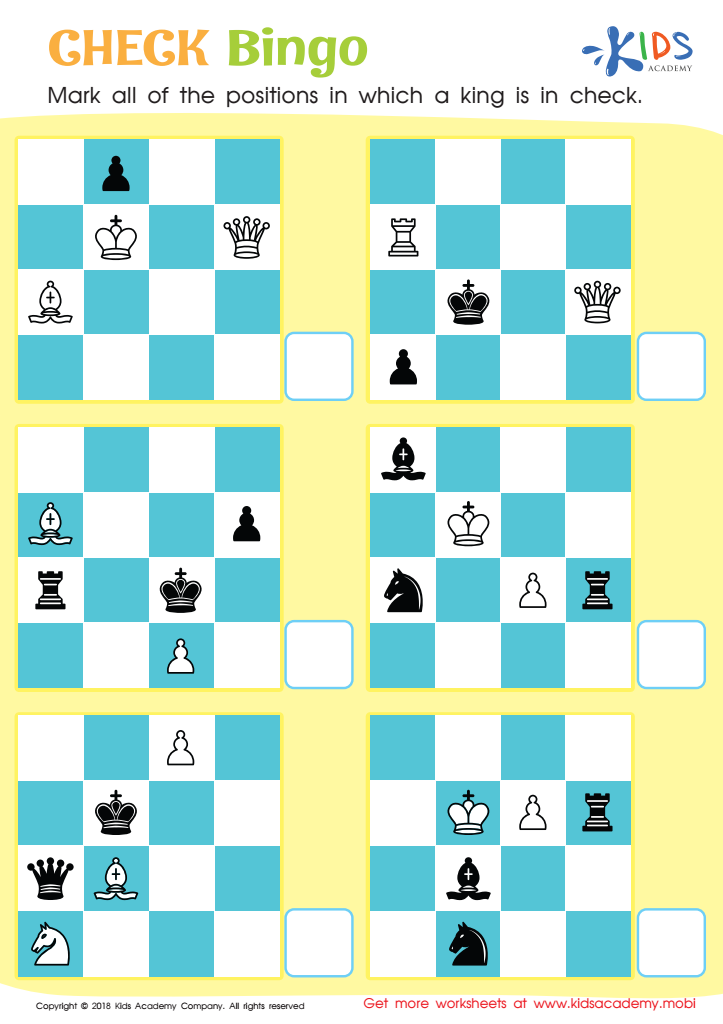

Check Bingo Worksheet
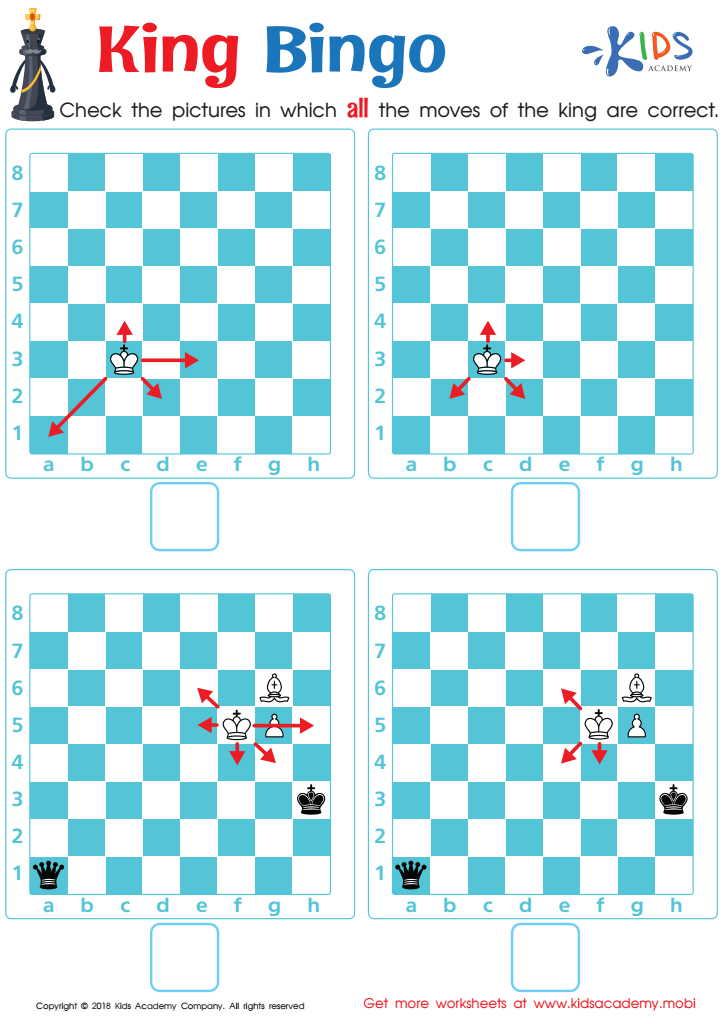

King Bingo Worksheet
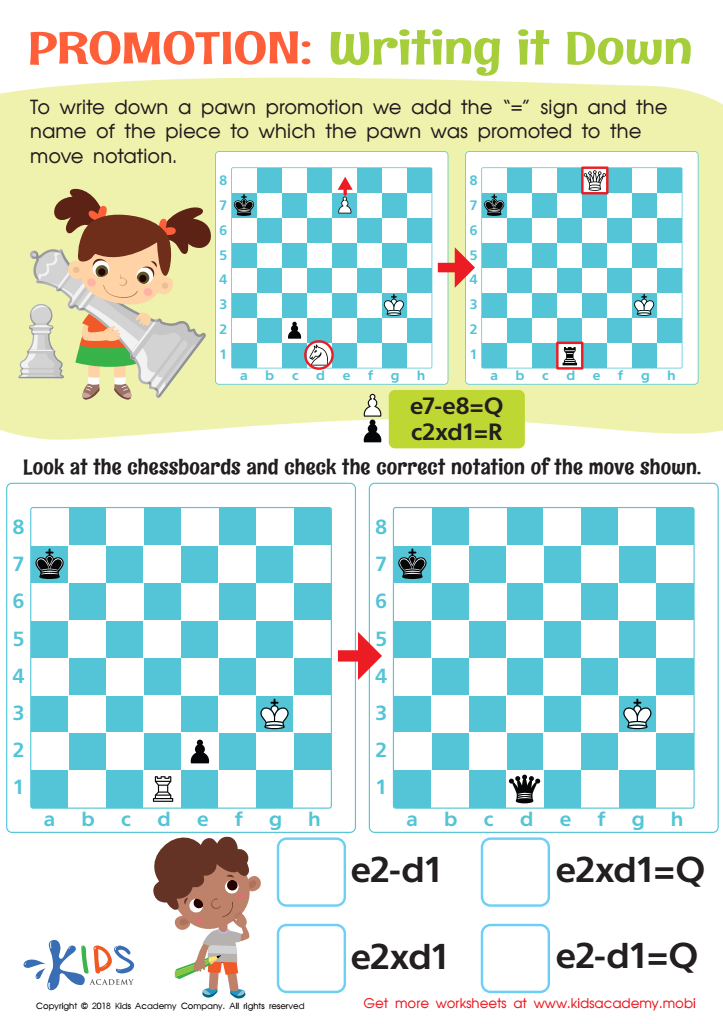

Writing it Down Worksheet
Number recognition is a foundational skill for young learners, especially in Grade 1, as it significantly impacts their overall mathematical understanding. For teachers and parents, fostering number recognition goes beyond mere identification; it sets the stage for problem-solving, critical thinking, and later mathematical concepts, including addition, subtraction, and even geometry.
Engaging children with tools such as Grade 1 chess can enhance their number recognition skills in an enjoyable way. Chess encourages strategic thinking, and while the game may not directly teach numbers, the structure of moves, scoring, and the board itself involves counting, positions, and patterns. This indirect approach effectively reinforces number sense in a context that captivates children's attention.
Additionally, involving parents in number recognition activities strengthens the home-school connection. When parents emphasize the importance of numbers through playing chess or counting during daily routines, they provide real-life applications of foundational math skills.
Overall, prioritizing number recognition within engaging contexts like Grade 1 chess not only lays the groundwork for future math success but also nurtures cognitive development and creativity in young learners. This investment in early education ultimately leads to increased confidence and preparedness for academic challenges ahead.

 Assign to My Students
Assign to My Students





